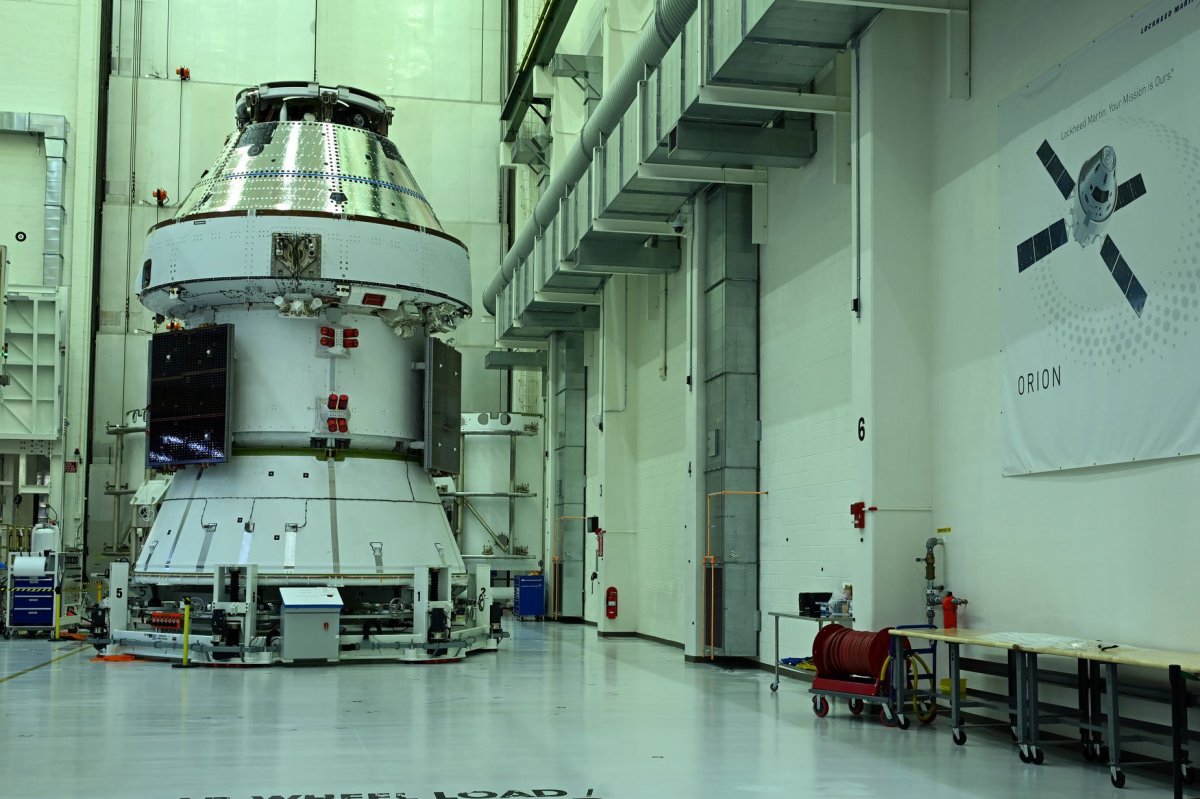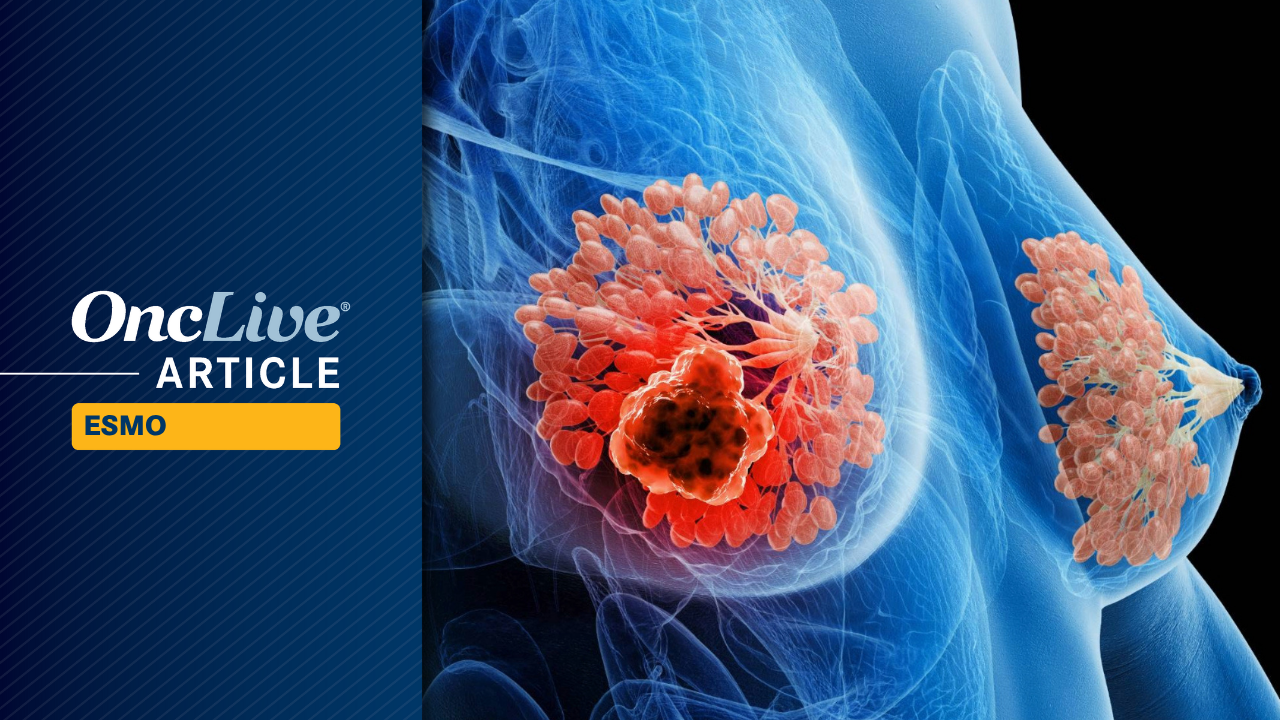Newcastle Red Bulls: Chamberlain; Spencer, Hearle, Clarke, Williams; Connon, Benitez Cruz; Brocklebank, McGuigan, Palframan, Hodgson, Clarke, Lee-Warner, Gordon, Mafi.
Replacements: Fletcher, McCallum, De Bruin, Usher, Lockwood, Elliott,…

Newcastle Red Bulls: Chamberlain; Spencer, Hearle, Clarke, Williams; Connon, Benitez Cruz; Brocklebank, McGuigan, Palframan, Hodgson, Clarke, Lee-Warner, Gordon, Mafi.
Replacements: Fletcher, McCallum, De Bruin, Usher, Lockwood, Elliott,…

BMC Medicine is calling for submissions to our new Collection, Advancing research and management of menopause, focusing on new perspectives and care practices that support individuals during this significant life…

Oct. 17 (UPI) — NASA’s Orion spacecraft was moved seven miles to the Vehicle Assembly Building at Kennedy Space Center Thursday, its second-to-last move before its scheduled launch in 2026.
NASA got an exception to allow it to continue work…

The steam rises from the dark underbelly of Seattle’s streets, where neon lights flicker like the last breaths of a dying world. In these streets lies a hidden society, deeply rooted in tradition, politics, and an ever-shifting…

By Charles Passy
The Swedish-born actor, who played the boxer Ivan Drago in ‘Rocky IV,’ has now gone into the vodka-making business and taken a more hands-on approach with his finances
Dolph Lundgren has appeared in more than 75…

Accolades | October 17, 2025
World Tax
World Tax, the International Tax Review’s annual guide to the world’s leading tax advisory practices, has recognized Gibson Dunn in eight categories in the 2026 editions of its EMEA and APAC guides. The firm was recognized in France – General Corporate Tax; France – Tax Controversy; France – Transactional Tax; Hong Kong – General Corporate Tax; Hong Kong – Private Client; UK – General Corporate Tax; UK – Indirect Tax; and UK – Transactional Tax. Partners Sandy Bhogal, Elaine Chen, Jérôme Delaurière, Ben Fryer, Brian Gilchrist, Sanford Stark, and Jeff Trinklein were also recognized individually in the 2026 edition.
The guides were published on October 16, 2026.

We wrap up the show – but not our coverage – with builds from Meerglas…

Adjuvant ribociclib (Kisqali) in combination with a nonsteroidal aromatase inhibitor (AI) displayed a durable benefit in terms of invasive disease–free survival (iDFS) compared with an AI alone (n = 2552) in patients with hormone receptor–positive, HER2-negative early breast cancer (HR, 0.716; 95% CI, 0.618-0.829; 1-sided P < .0001), according to data from the 5-year prespecified analysis of the phase 3 NATALEE trial (NCT03701334) presented during the
The median follow-up was 55.4 months. The 36-month iDFS rates in the ribociclib (n = 2594) and AI-alone (n = 2552) arms were 90.8% and 88.0%, respectively; the 60-month iDFS rates were 85.5% and 81.0%, respectively.
Sidebar: Phase 3 NATALEE Trial 5-Year Outcomes: Key Takeaways
“Ribociclib plus an AI continues to reduce the risk of recurrence beyond a 3-year treatment window, supporting its use as adjuvant therapy in a broad population of patients with hormone receptor–positive, HER2-negative early breast cancer at high risk of recurrence,” John Crown, MD, a professor and consultant medical oncologist at St. Vincent’s University Hospital in Dublin, Ireland, said during the presentation.
Notably,
NATALEE was an open-label, multicenter, randomized trial that enrolled adult patients with stage II and III hormone receptor–positive, HER2-negative early breast cancer.1 Patients were permitted to have received prior endocrine therapy up to 12 months before enrollment.
Patients with anatomical stage IIA disease needed to have N0 disease that was grade 2 and had evidence of high risk, defined by a Ki-67 score of at least 20%, an Oncotype DX Breast Recurrence Score of at least 26 or high-risk status via genomic risk profiling, and grade 3 disease; patients with N1 disease in this anatomical stage were also eligible. Patients with anatomical stage IIB disease needed to have N0 or N1 disease. Patients with anatomical stage III disease could have N0 through N3 disease.
Eligible patients were randomly assigned 1:1 to receive ribociclib at 400 mg per day via a 3-weeks-on, 1-week-off dosing schedule for 3 years in combination with a nonsteroidal AI for at least 5 years, or a nonsteroidal AI alone.
The primary end point was iDFS using Standardized Definitions for Efficacy End Points criteria. Secondary end points included relapse-free survival, distant disease–free survival (DDFS), overall survival, patient-reported outcomes, safety and tolerability, and pharmacokinetic measures. Distant recurrence–free survival, as well as gene expression and alterations in circulating tumor (ct) DNA/ctRNA samples, were also evaluated as exploratory end points.
At the May 28, 2025, data cutoff, 62.8% of patients in the combination arm had completed 3 years of treatment with ribociclib, and 36.5% of patients had completed 5 years of AI therapy. AI treatment was ongoing in 27.1% of patients, and 51.4% of patients remained in the follow-up phase.
In the AI-alone arm, 34.4% of patients had completed 5 years of treatment. Therapy was ongoing in 23.7% of patients, and 50.3% of patients were in the follow-up phase.
At the time of this analysis, all patients had stopped receiving therapy for a median of 2 years. No new safety signals were identified with ribociclib, including no delayed toxicities or cumulative effects following therapy. Since the previous 4-year exploratory analysis, with an additional follow-up of 12.9 months, 3 patients had died in the combination arm due to adverse effects (AEs), and 2 others had died in the control arm due to AEs. Three percent of patients had developed secondary primary malignancies in the control arm compared with 2.7% of those in the combination arm.
At a median follow-up of 56.5 months, the 5-year OS rates in the investigational and control arms were 94.1% vs 92.5%, respectively (HR, 0.800; 95% CI, 0.637-1.003; 1-sided P = .026). At a median follow-up of 55.5 months, a significant benefit in terms of DDFS was reported in favor of the ribociclib arm (HR, 0.709; 95% CI, 0.608-0.827). A similar benefit in terms of DRFS was also observed in favor of the investigational arm (HR, 0.699; 95% CI, 0.594-0.824).
Patients experienced an iDFS benefit with the addition of ribociclib to an AI vs an AI alone, irrespective of having N0 (ribociclib arm, n = 285; control arm, n = 329; HR, 0.606; 95% CI, 0.372-0.986) or N-positive (ribociclib arm, n = 2261; control arm, n = 2218; HR, 0.737; 95% CI, 0.631-0.860) nodal status. Notably, an iDFS benefit with ribociclib was reported across all prespecified patient subgroups.
“For the first time, in this 5-year analysis, a clinically meaningful risk reduction of approximately 30% was seen for DDFS or death and DRFS or death. Ribociclib plus an AI showed a continued numerical trend for improved OS,” Crown emphasized in his conclusion.
Disclosures: Crown reported receiving personal fees from Pierre Fabre, Immunocore, Novartis, AstraZeneca, and Regeneron; owning stock with Oncoassure and Akkure; and receiving travel support to meetings from Novartis, MSD Oncology, Pfizer, Roche, AstraZeneca, and Regeneron.